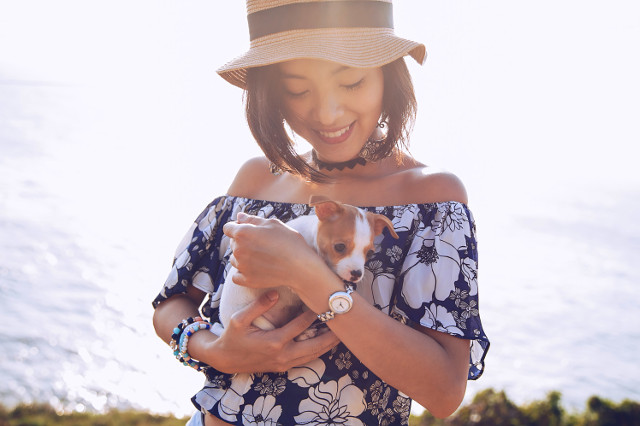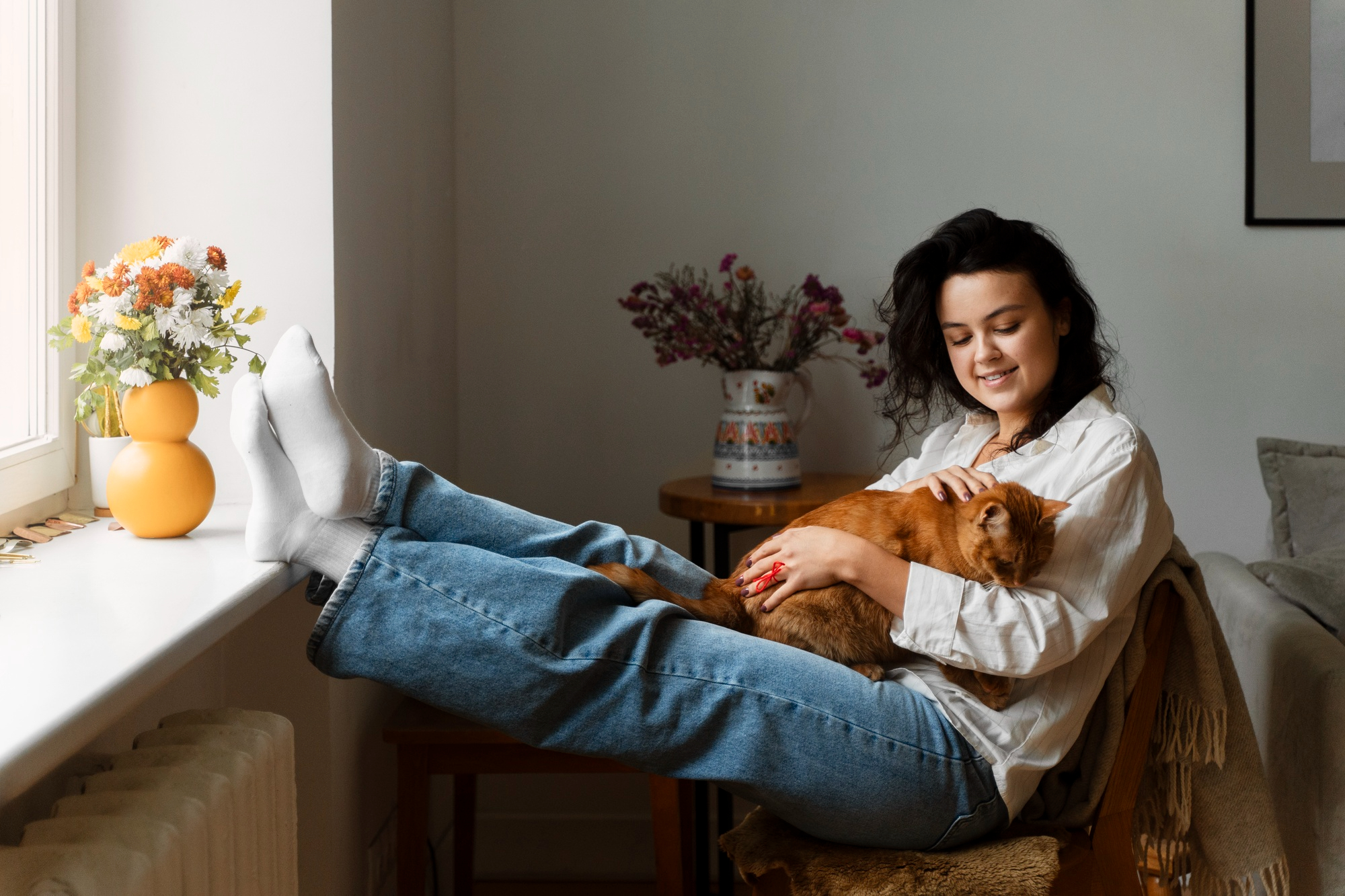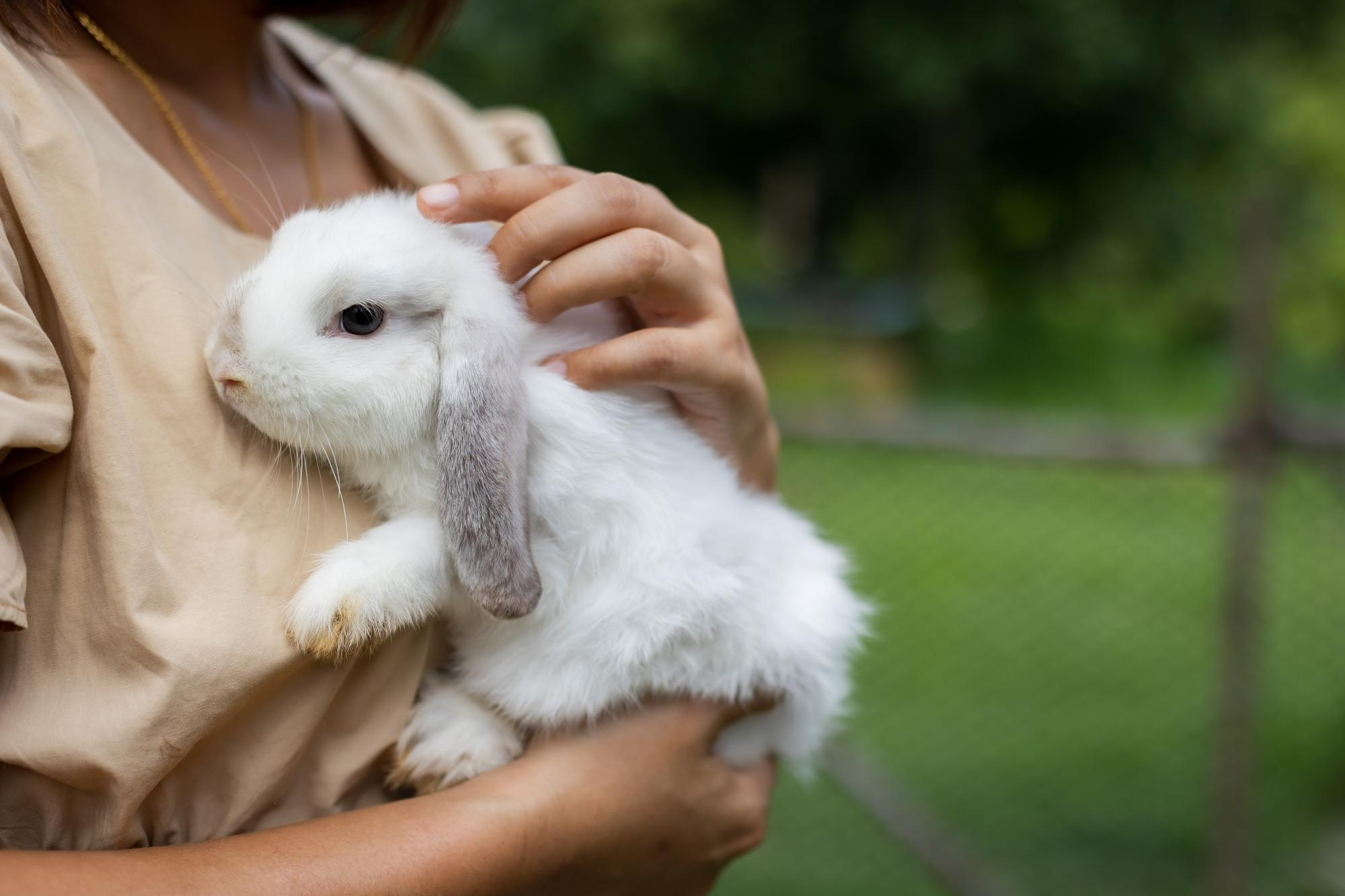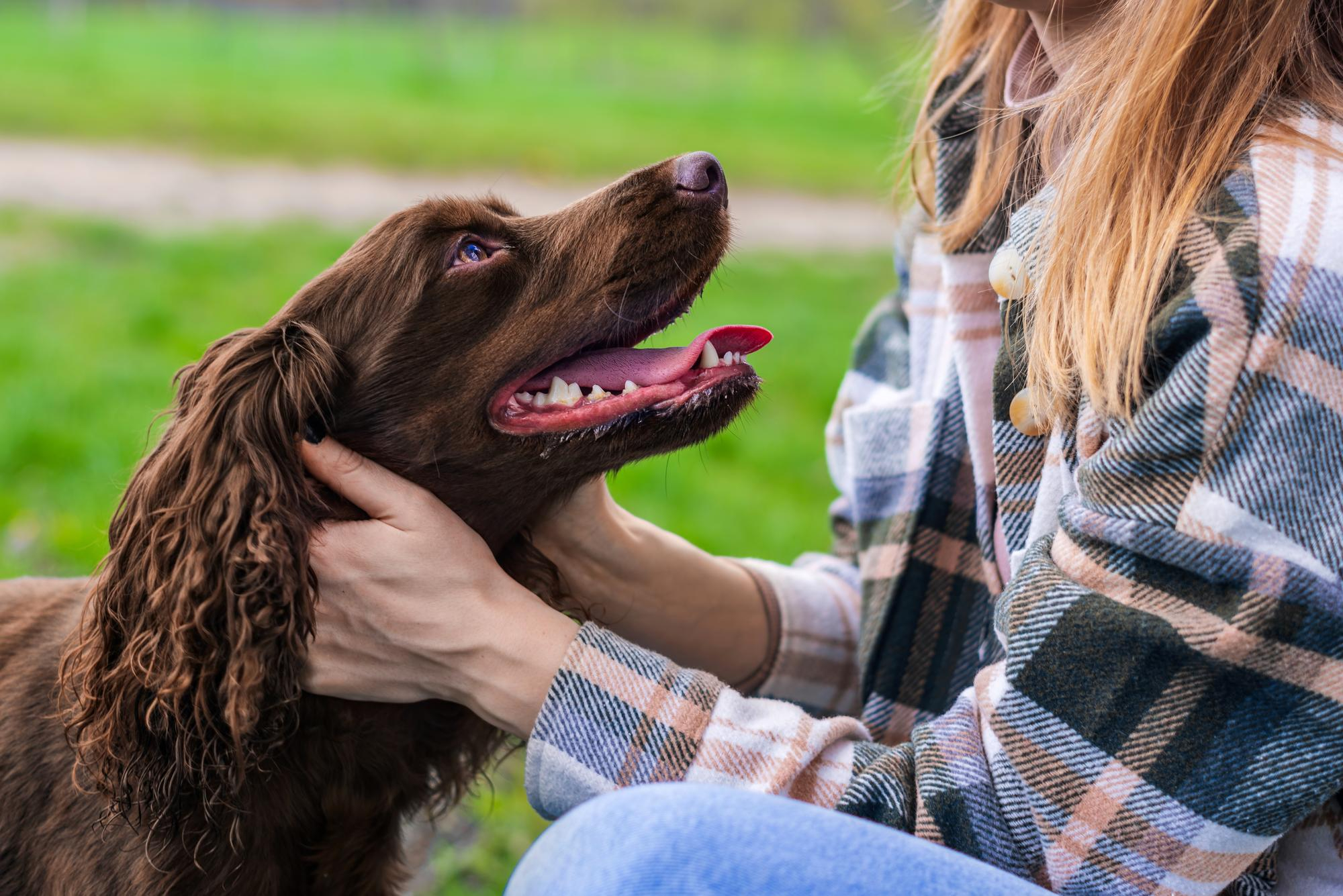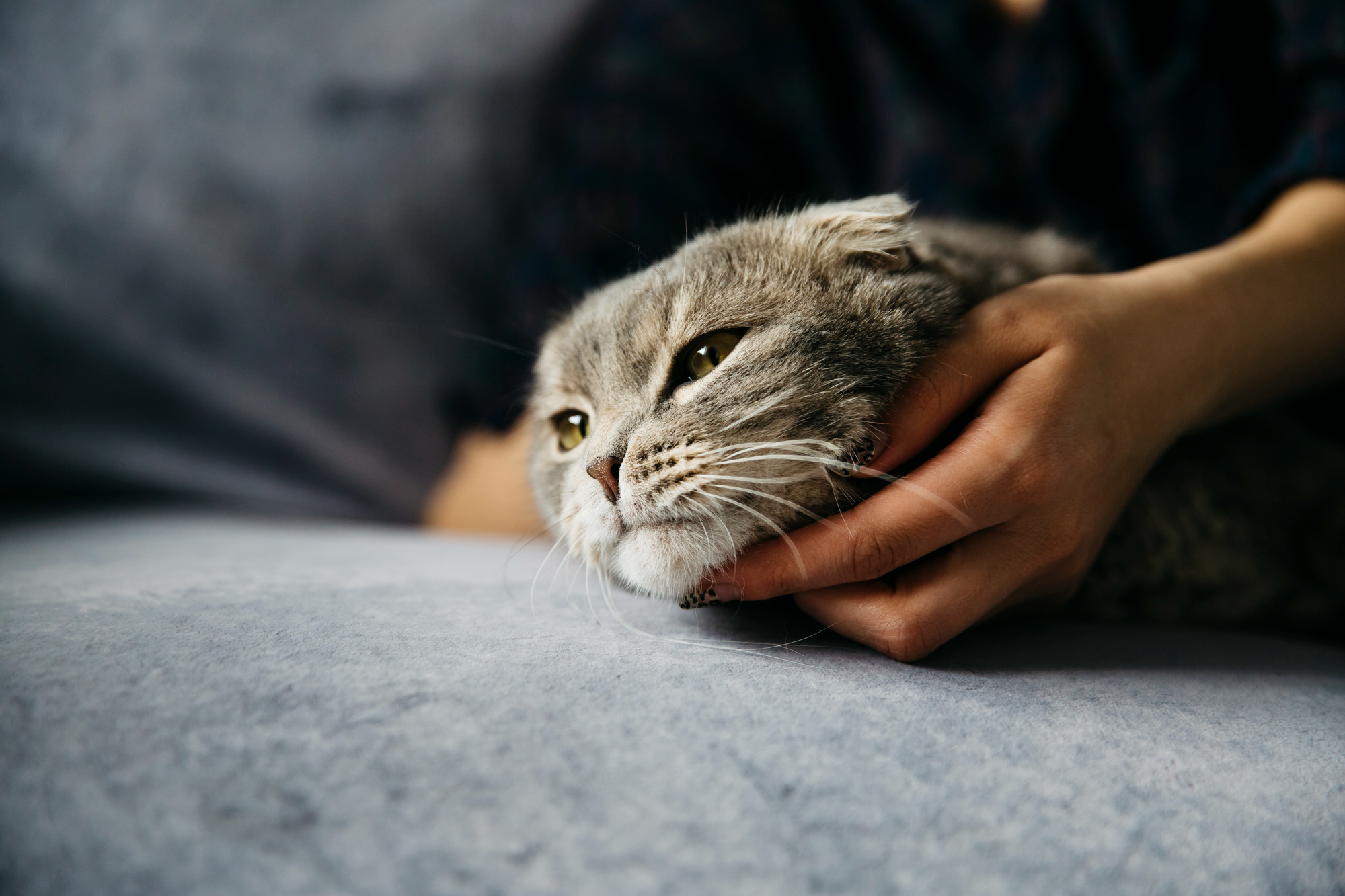Welcome to part 2 of our 2-part puppy care series! This is the age where your puppies are really growing up from babies to toddlers.
A pup is able to leave its mother and their littermates when he or she is about eight weeks old. We’re positive they will be excited and nervous when he or she first comes to their new home. We’re certain you have been waiting just as eagerly to welcome them into your home and want to help them adjust as soon as possible!
You will need to have the necessary food, bed, water and food dishes, collar, ID tag, and leash purchased in advance. Organize your home, too, and make sure it is a safe and loving environment.
You will see many changes taking place in your little friend over the next few weeks and you should prepare yourself for the kind of behavior they are most likely to exhibit while settling in with the new family. You should also know how to train your new puppy accordingly as they grow and learn so that he or she develops good behaviour.
Expect These Normal Characteristics of Young Puppies
- Your pup will be only a fraction of their adult size at eight weeks, and will usually grow rapidly for the first six months.
- He or she will sleep or need sleep about 18 to 19 hours a day.
- He or she will have all their baby teeth and develop their first adult teeth at this stage, which explains why they love to chew on everything in plain sight—they will be teething! Supply lots of chew toys.
- Your puppy will be adjusting to being separated from their mother and littermates for a few days, and they may exhibit concerns in a few ways. He or she may pace and pant much more than normal, or vomit, develop diarrhea, or relieve themselves inside the house. Assume he or she will have a few mishaps, stay calm, and don’t scold or shout at them.
- Take your puppy outside frequently to the same spot each time and praise them when he or she relieves properly. Try to establish a regular routine, such as before breakfast, after breakfast, at noon, mid-afternoon, etc., so that they will learn how long they need to control themselves. Most puppies at eight weeks old can hold their urine for about three hours. He or she will be able to wait longer as they get older.
- Between 8 to 12 weeks, he will be alarmed easily by loud noises, unexpected events, and new people and animals, but he will grow out of this stage more quickly if you remain calm and speak to him reassuringly.
- He or she may need to eat three times a day when they’re a small pup, but you can cut back to twice a day when they reach about 16 weeks old.
How to Puppy-Proof Their New Home
You can puppy-proof a home in the same way you would baby-proof it. Puppies, like little children, are curious and love to move around fast. Make sure your puppy will be protected from encounters with dangerous objects that are perfectly safe for older children and adults.
Take a tour through the premises and try to think like a puppy or a child—what will interest and attract them the most? Before your puppy arrives, remove any small, sharp, poisonous, and dangerous objects they may find intriguing.
- Remember that dogs have a great sense of smell that helps them discover new and interesting items. You must put temptation out of reach, up high, behind latched doors, and into bins that can’t be knocked over. You may need childproof latches for low cupboards, especially if you keep toxic substances like cleaning products in them, or if you don’t want the contents strewn all over the floor.
- Puppies like to chew and may decide to munch on exposed electrical cords. Put these out of their reach! Also, tie up cords from curtains and window blinds as pets can get tangled in them.
- Small objects can cause a puppy to choke. Coins, jewelry, sewing equipment, yarn, dental floss, paper clips, fishing line and hooks, and small toys should all be hidden from their sight and kept off of the floor.
- Use screens to shield your pet from fireplaces, heaters, and wood stoves, and remove toxic plants and decorations.
- Take a tour through your yard as well, and look for dangerous objects, such as sharp nails, small pebbles, or any areas that you must restrict your pup from entering. Make sure paint, fertilizers, tools, and all toxic materials are safely stored away.
Protect Your Puppy’s Health
Any puppy that reaches 8 weeks of age should be checked up on by a veterinarian and given their first vaccinations. If your puppy was not checked over before you brought them home, make an appointment right away. Your new little friend will be given the necessary vaccinations and a nose-to-toes checkup. You will have an opportunity to ask any questions you have about their care, food, and training, and you can set them up with a regular vaccination schedule.
Your dog vet will be your lifesaver during this stage in their lives! They can guide you on the vaccinations your puppy will need and when it needs them. They will be immunized by its mother’s milk in the first few weeks, but this protection gradually disappears between 6 to 20 weeks of age.
Essential puppy shots are:
- 8 weeks, 12 weeks, and repeated at 16 weeks – distemper, canine hepatitis, parainfluenza, and parvovirus.
- 12 weeks – Bordetella or kennel cough and leptospirosis.
- 16 weeks – rabies, Lyme disease, and boosters for Bordetella and leptospirosis.
The need for other vaccinations will depend on your puppy’s risk factors, their new lifestyle, their breed, where you live, etc.
Puppies must also be protected against flea bites and it’s recommended they be de-wormed with each puppy booster, with regular checkups afterwards. Plan on taking your puppy to your vet for a checkup each year, at which time they can receive their annual vaccinations (again, what they will need will depend on their new lifestyle), nipping any problems in the bud.
Start Puppy’s Training Right Away
Establishing boundaries for your puppy should be full of positive experiences. Be careful not to be angry, impatient, or fearful while training or letting your puppy see you are upset with them or with anything that happens. Do your best to establish a routine, including playtime.
If you have the time and money, consider enrolling them in formal obedience training. Otherwise, you should teach them to obey simple commands such as sit, stay, come when their name is called, refraining from jumping on people, not biting people, and learning the meaning of “no”. It’s okay to give them a treat when he or she does what you ask!
When dealing with chewing problems at this stage, remember they are teething and needs something to safely chew on. Don’t remove whatever they have chosen unless you have something in your hand to make the switch to something more acceptable. Also, don’t give your puppy an old shoe to chew on or he or she will think any shoe is fine—including your most expensive footwear.
Make sure he or she sleeps in the place you have chosen so they don’t think there are options. Be consistent. Sleeping with a blanket that has been rubbed against their mother for the first few nights would be a great way to comfort them.
Most puppies have light coats that don’t shed; however, it’s a good idea to groom them regularly and to keep an eye out for any skin problems. Carefully brush their coat at regular intervals and inspect their feet, nails, mouth, and ears so they get used to being touched at an age when they’ll enjoy the attention.
Introduce your puppy slowly to visitors, other animals, and noises. Keep visitors to a minimum and carefully supervise their time spent with other animals so that the new social experiences are happy ones.
Let your puppy play in and out of their travelling crate so that trips to the vet are positive experiences too. Leave the door open, put a treat inside, and let them come and go until he or she is used to it and doesn’t fear it or mind being inside.
Congratulations on becoming a new puppy parent! Be sure to combine their health and safety care with providing lots of love and attention.
Did you miss out on part 1? Check out Puppy Care 101, Part 1: The First 0-8 Weeks.
Creative Commons Attribution: Permission is granted to repost this article in its entirety with credit to Hastings Veterinary Hospital and a clickable link back to this page.

